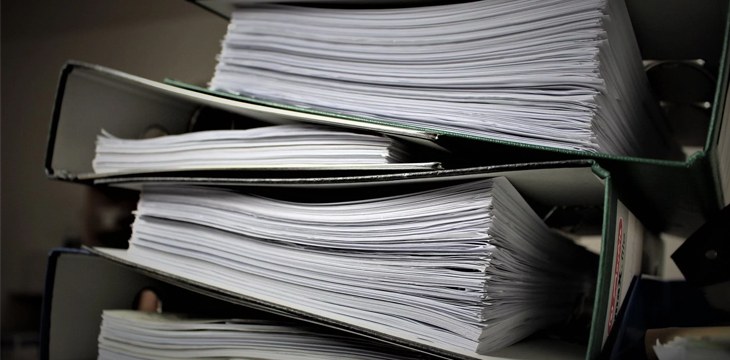|
Getting your Trinity Audio player ready...
|
Troubled cryptocurrency scheme OneCoin, accused of operating an illegal pyramid scheme by law enforcement authorities, may have relied on fake reviews to boost its image and attract investors.
According to research emerging from the Digital Forensic Research Lab, part of The Atlantic Council think tank, OneCoin appears to have relied on so-called “astroturfing,” using fake or inauthentic accounts to post positive reviews.
These include reviews on TrustPilot and Quora, with the research showing these began emerging around the same time as the scheme’s founder Ruja Ignatova disappeared.
The disappearance coincided with the initiation of legal proceedings against Ignatova and other senior representatives of the company, including Konstantin Ignatova, billed as the “top leader” of the project, and OneCoin lawyer Mark Scott.
Scott has since been found guilty of money laundering on behalf of OneCoin, to the tune of $400 million. Konstantin Ignatova is currently in police custody, while Ruja Ignatova has charges for wire fraud, securities fraud and money laundering still pending.
The research identified a suspicious pattern of positive reviews dating back to October 2019: “Of the 579 reviews for OneCoin on the site, 90 percent were positive. Of the five- star ratings, about 400 were published within the span of a single month.”
According to the report, the number of positive reviews in such a short space of time was sufficient to bury the pre-existing one star reviews that had been posted. While the researchers were unable to identify exactly which accounts had contributed fake reviews, they say the pattern of positive ratings “indicated an abnormal influx of favorable reviews just as OneCoin’s public relations and legal woes mounted.”
The same pattern of behavior was identified on Quora, where a number of accounts were singled out as having “an exclusive interest in OneCoin-related discussions,” and showed signs of what the researchers call “inauthentic behavior.”
The research concluded that the campaign was likely an intentional drive from OneCoin to tackle its image problem, amid escalating legal enforcement action.
“While there was no direct evidence tying these inauthentic profiles and reviews to OneCoin employees or evidence of automated activity on either platform, the profiles and favorable reviews nonetheless served to boost trust for the OneCoin brand as it faced a multibillion-dollar scandal,” according to DFRLab.

 03-05-2026
03-05-2026 




